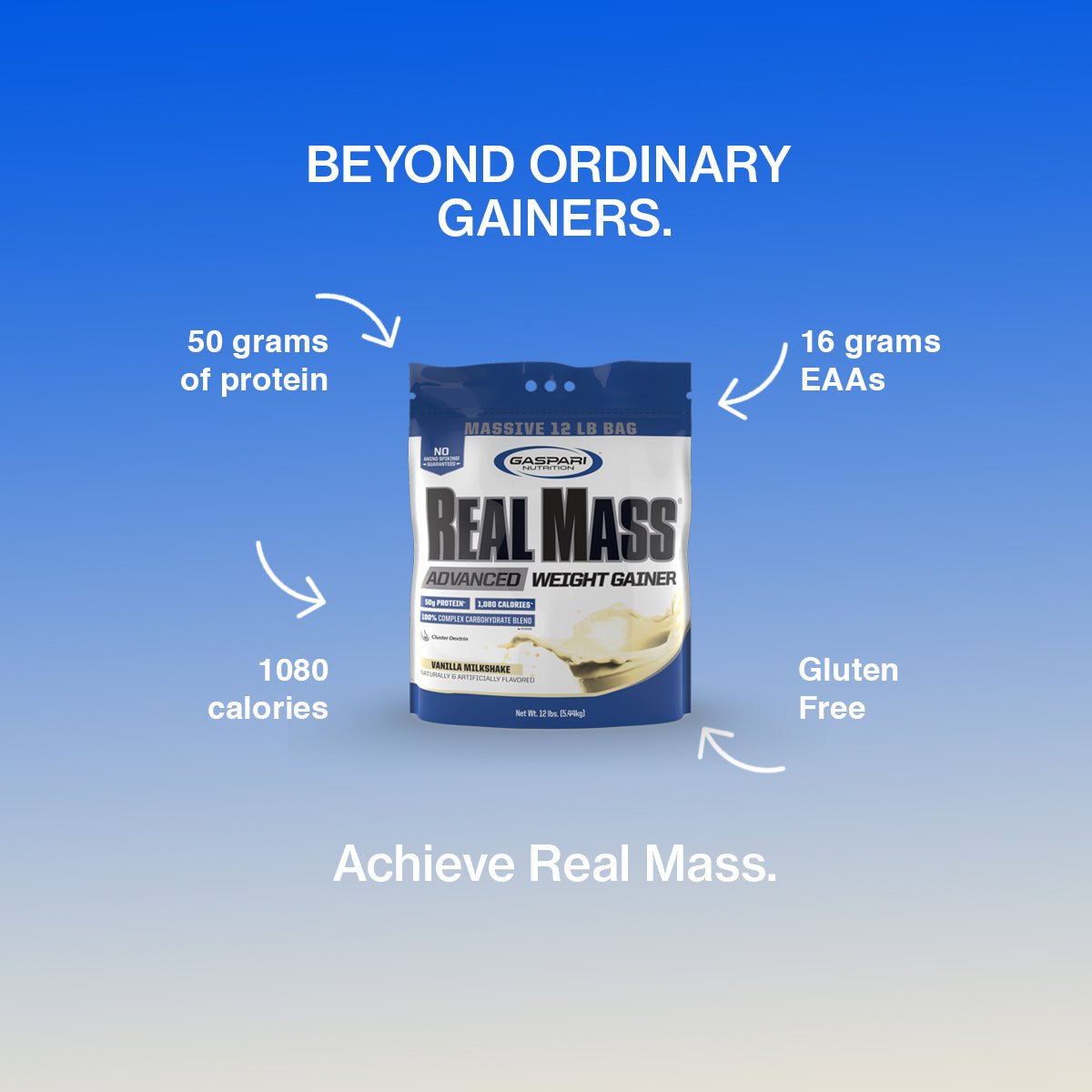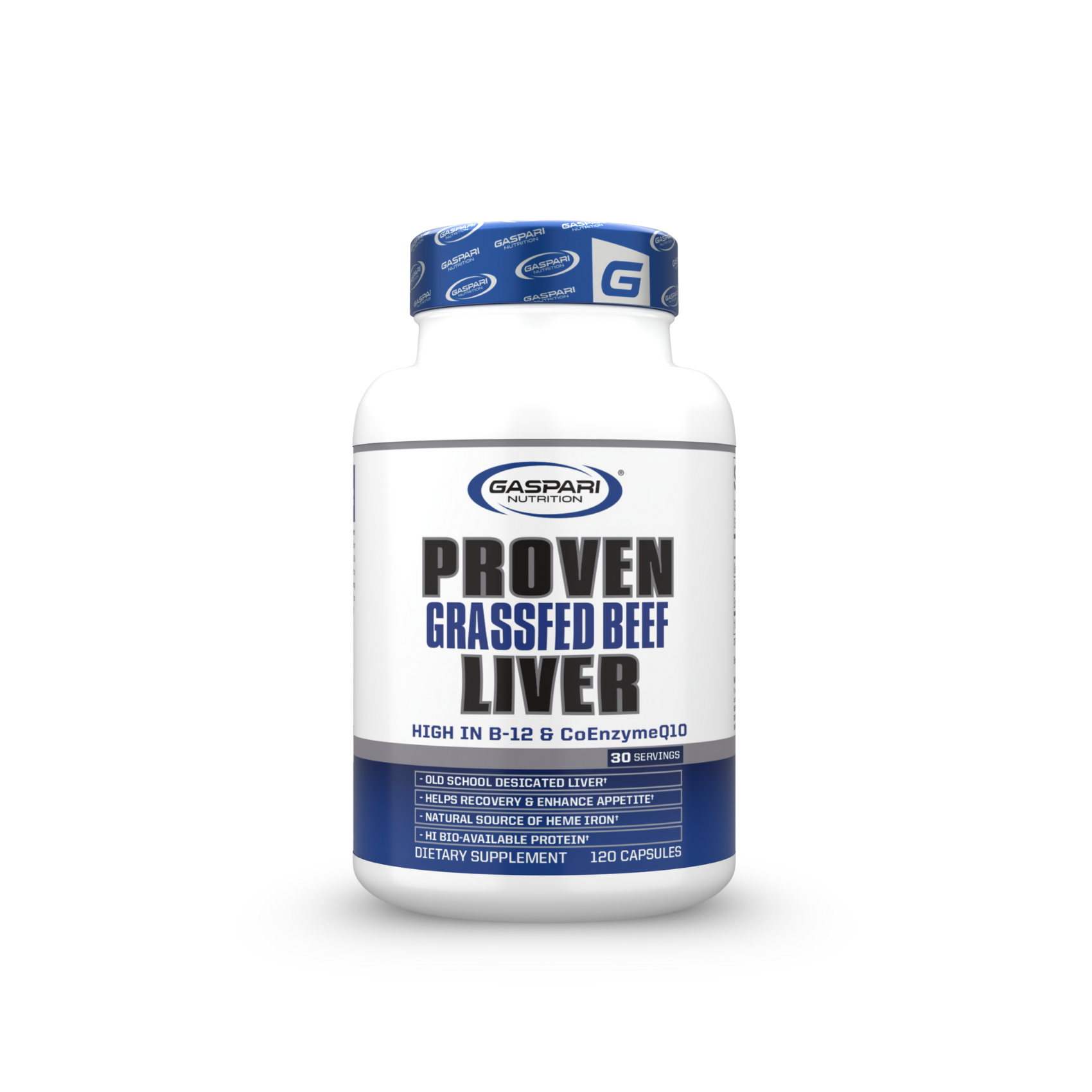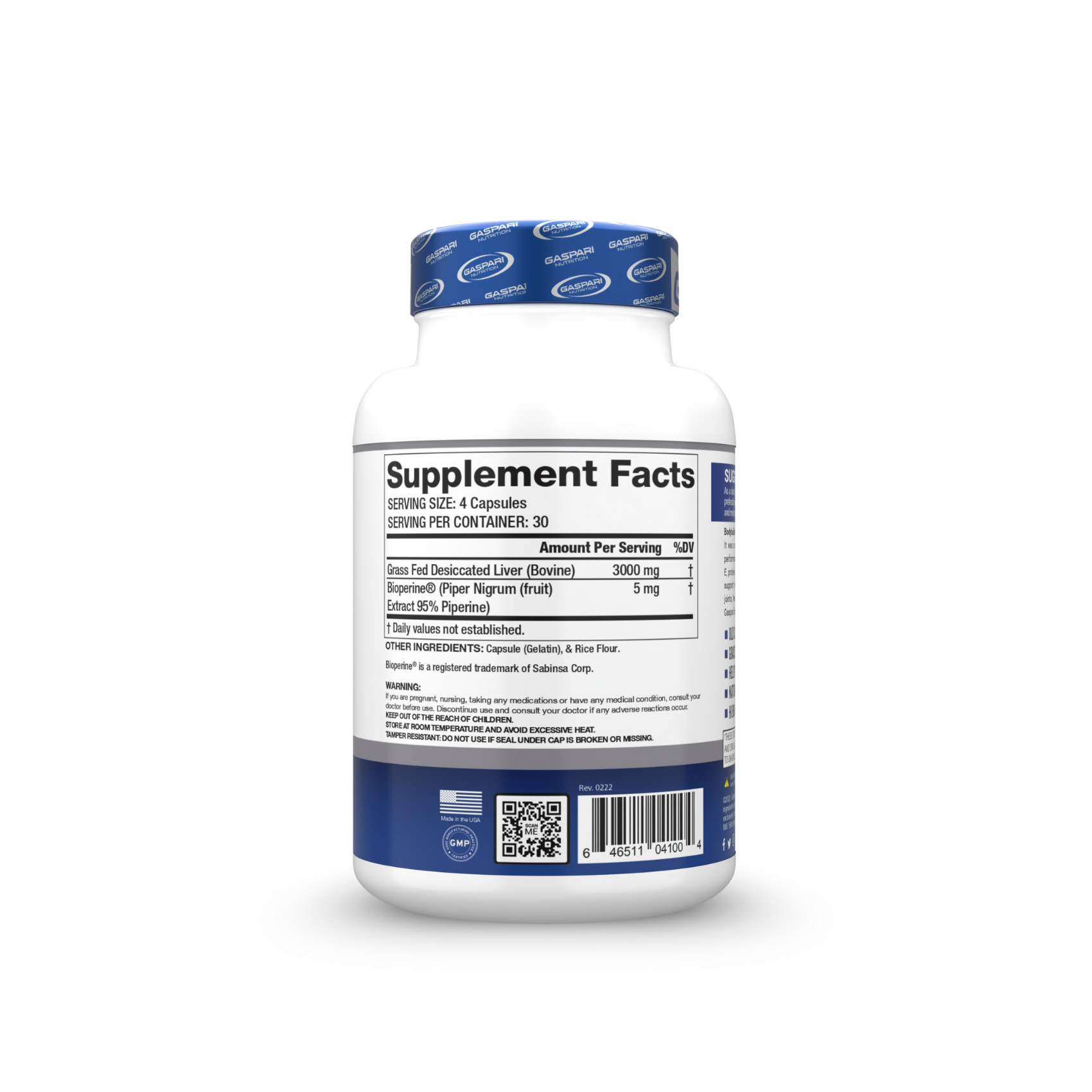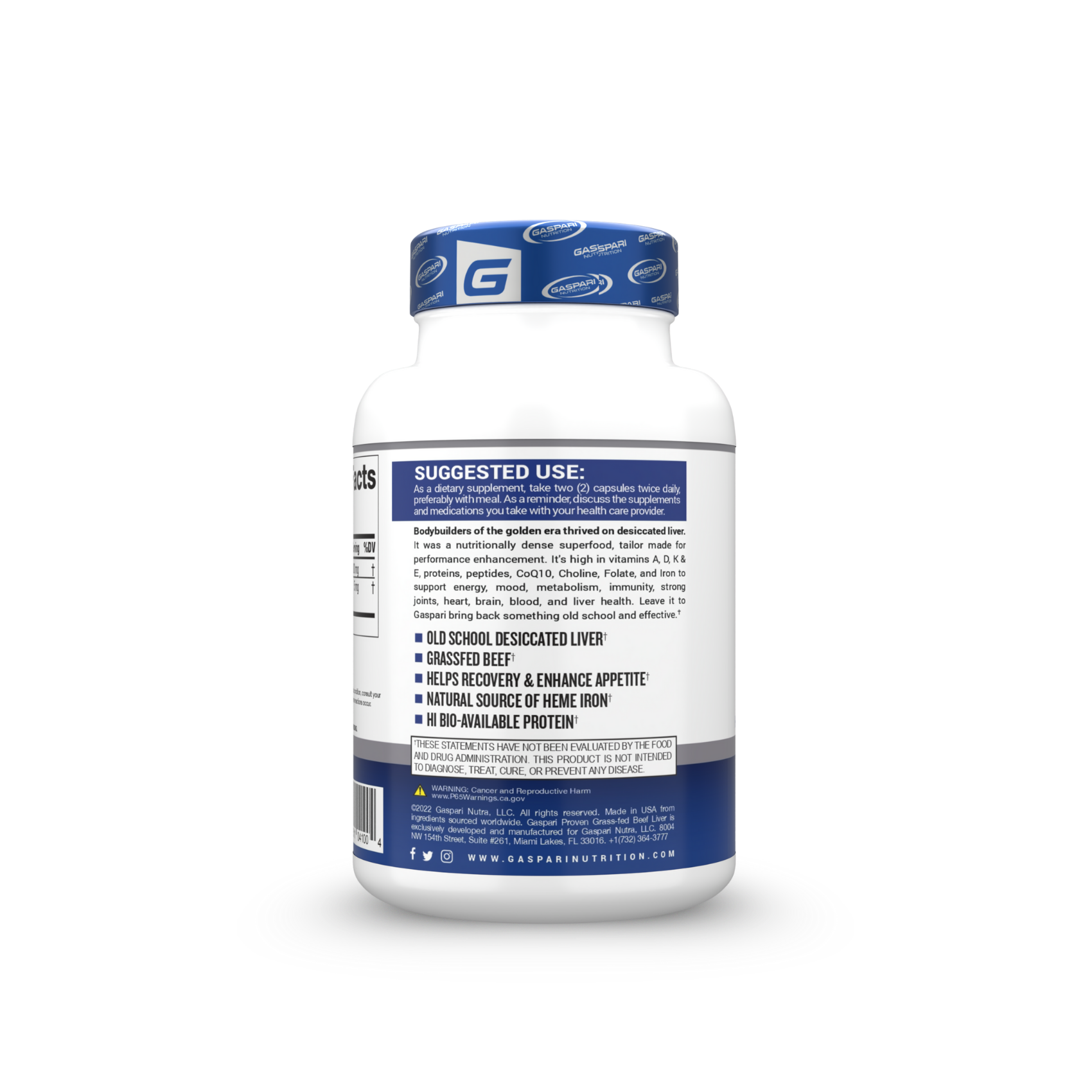Muscle recovery is a crucial part of any fitness routine. It's the time when your body repairs and strengthens itself between workouts.
But what if you could speed up this process?
Enter muscle recovery supplements. These products promise to help your body bounce back faster after a workout.
In this article, we'll explore how these supplements work. We'll delve into the science behind their claims and discuss their effectiveness.
Whether you're a seasoned athlete or a fitness newbie, this guide will help you understand the role of supplements in muscle recovery.
So, let's dive in and discover how muscle recovery supplements can help you get back to your workouts faster.
Understanding Muscle Recovery Supplements: A Comprehensive Overview
Importance of Muscle Recovery
Muscle recovery is more important than many realize. It’s essential not just for athletes but for anyone who exercises regularly. When you push your body during workouts, you create microscopic tears in your muscle fibers. The recovery phase is when these muscles heal and grow stronger.
Without proper recovery, your chances of injury increase significantly. Overtraining can lead to chronic muscle soreness and fatigue. These can hinder your performance and progress. That’s why a solid recovery plan is crucial. It allows you to maintain consistency in your fitness routine.
Proper recovery helps improve muscle strength and endurance. It also boosts overall fitness levels. Inadequate recovery can set you back, making it tough to reach your goals. Incorporating effective recovery strategies, such as stretching, hydration, and rest, supports better outcomes. Muscle recovery is pivotal for long-term health and peak performance.
Overview of Muscle Recovery Supplements
Muscle recovery supplements are designed to support the recovery process. They come in various forms, including powders, pills, and drinks. Each type serves a unique purpose in helping muscles heal post-exercise. These supplements aim to reduce soreness and speed up the recovery phase.
One popular category includes protein supplements. They supply the amino acids necessary for muscle repair. Others, like creatine and BCAAs, focus on restoring energy and reducing muscle breakdown. Fatty acids and antioxidants also play a role in reducing inflammation and oxidative stress.
Choosing the right supplement depends on your individual needs and goals. Quality products can complement your diet and exercise routine. While supplements aren’t a cure-all, they can be part of an effective recovery strategy. Always ensure that the products you choose are safe and tested.
Types of Muscle Recovery Supplements
Protein Supplements
Protein supplements are the cornerstone of muscle recovery. They provide essential amino acids that are building blocks for muscle repair. Whey and casein are two popular protein powders favored by athletes and fitness fans.
Whey protein is quickly absorbed, making it ideal for post-workout recovery. It provides an immediate supply of amino acids to muscle tissues. This rapid absorption helps to initiate the muscle repair process soon after exercise.
Casein, on the other hand, digests slowly. It provides a sustained release of amino acids over several hours. This makes it a great option for nighttime recovery. Both types can effectively aid muscle growth when used in combination or separately.
Including protein supplements in your regimen can help prevent muscle catabolism. This is especially true when dietary protein intake is inadequate. Look for products with verified quality to ensure effectiveness and safety.
Creatine
Creatine is one of the most researched supplements. It’s a naturally occurring compound stored in the muscles. During intense exercise, creatine helps regenerate ATP, a primary energy carrier in cells. More ATP availability can enhance workout performance.
Regular creatine supplementation contributes to increased strength and muscle volume. It attracts water to muscle cells, boosting cell growth and improving recovery. This effect can result in faster gains in muscle mass with consistent training.
For optimal impact, athletes often employ a loading phase followed by a maintenance phase. During loading, creatine stores get maximized quickly. The maintenance phase sustains these stores with a lower dose. This routine ensures that muscles remain primed for exercise.
Creatine supplements are generally safe for most people, but staying hydrated is important. Adequate hydration helps the body effectively utilize creatine for recovery and performance.
Branched-Chain Amino Acids (BCAAs)
BCAAs consist of three essential amino acids: leucine, isoleucine, and valine. They play a key role in muscle protein synthesis and energy production. Unlike other amino acids, BCAAs are metabolized directly in muscles, enhancing their effectiveness.
During workouts, BCAAs can help reduce muscle fatigue. They compete with tryptophan, which is linked to the perception of fatigue. This competition delays fatigue onset, allowing longer and more intense exercise sessions.
Supplementing with BCAAs can also decrease muscle soreness. This makes them valuable for reducing the effects of strenuous exercise, such as delayed onset muscle soreness (DOMS). With less soreness, you can recover faster and train more effectively.
BCAAs can be consumed before, during, or after exercise. Each timing option offers unique benefits. Before choosing a BCAA supplement, consider its leucine content, which plays the most significant role in muscle protein synthesis.
Omega-3 Fatty Acids
Omega-3 fatty acids, often derived from fish oil, are known for their anti-inflammatory properties. They help reduce exercise-induced inflammation and promote faster recovery. Reducing inflammation mitigates muscle pain and stiffness, common after intense workouts.
These fats also improve cell membrane fluidity, supporting better nutrient delivery to muscles. Enhanced nutrient uptake accelerates the recovery process. Omega-3s can also benefit heart health, which is crucial for athletes.
Incorporating omega-3 supplements can improve recovery quality and overall health. They may also support joint health, reducing the risk of injury or discomfort during exercise. Regular consumption can bolster your defense against inflammation.
Plant-based options, such as flaxseed or algae oil, are available for those avoiding fish. These supplements ensure you get the benefits without compromising dietary preferences or ethics.
Antioxidants
Intense exercise can lead to increased production of free radicals, causing oxidative stress. Antioxidants combat this stress, protecting muscle tissues from damage. Vitamins C and E are two antioxidants often used to support recovery.
Vitamin C is crucial for collagen synthesis, important for tissue repair and recovery. Its antioxidative ability helps neutralize free radicals. This reduces the oxidative stress that can hinder recovery after tough workouts.
Vitamin E, on the other hand, protects cell membranes from oxidative damage. This is essential as the body repairs and regenerates muscle cells. Both vitamins work together, offering dual-layer protection and support.
Supplementing with these antioxidants can shorten recovery time and improve overall muscle function. They also support immune health, which is vital in maintaining fitness. Choose high-quality antioxidant supplements to ensure you reap the full benefits of these crucial nutrients.
Benefits of Muscle Recovery Supplements
Delayed Onset Muscle Soreness (DOMS)
Delayed onset muscle soreness, or DOMS, is the discomfort felt after intense exercise. It's a common challenge for athletes and fitness lovers. Specific supplements can significantly alleviate these symptoms, offering much-needed relief.
BCAAs are known to combat DOMS by reducing muscle damage during workouts. Their role in muscle protein synthesis helps in quicker tissue repair, minimizing soreness. Meanwhile, omega-3 fatty acids fight inflammation, a major contributor to muscle pain. By reducing this inflammation, they help ease the post-workout recovery process.
Tart cherry juice is another effective option. It's packed with natural antioxidants and anti-inflammatory compounds. Many athletes use it to tackle muscle soreness more naturally and improve recovery. By integrating these supplements into your regimen, you may find faster recovery and less discomfort, enabling more consistent training.
Enhancing Muscle Repair and Growth
Muscle growth and repair are central to an athlete's progress. Recovery supplements, especially protein and creatine, play vital roles here. Protein supplements like whey provide the essential amino acids required for muscle synthesis. This process is crucial for repairing exercise-induced damage.
Creatine aids in this enhancement by boosting ATP stores, which are essential for energy during workouts. It also assists in hydration and growth of muscle cells, facilitating greater gains over time. Regular creatine use has been linked to increased muscle mass and strength.
Another key player is glutamine, an amino acid that reduces muscle breakdown. It supports nitrogen balance, promoting an environment where muscles can thrive. Together, these supplements create a foundation that fosters significant muscle repair and growth. Their combined effects help athletes achieve their fitness goals efficiently.
Improving Exercise Performance
Supplements targeted at recovery can also uplift exercise performance. Creatine, for instance, not only supports recovery but enhances short bursts of high-intensity activity. It does this by rapidly regenerating ATP, the energy currency for muscle contractions.
Omega-3s contribute by improving cardiovascular health, which is crucial for sustained exercise endurance. Their anti-inflammatory properties also ensure that your body doesn't bog down from soreness after each session. This makes them a dual-purpose addition to any regimen.
Furthermore, beta-alanine helps buffer acid in muscles. This action reduces fatigue, allowing for longer, more intense sessions. By incorporating these performance-boosting supplements into your routine, you'll likely notice improved stamina and efficiency during workouts. The right mix can support your body in reaching its peak performance potential.
Best Supplements for Muscle Recovery
Top Recommended Products
Finding the best supplements for muscle recovery can significantly aid your fitness journey. Whey protein consistently emerges as a top choice for many athletes. Its rich amino acid profile supports muscle repair and rebuilding after intense workouts. Most users report significant reductions in recovery time and muscle soreness.
Creatine is another highly recommended product. It's known for boosting strength and supporting quick recovery. By replenishing your body's ATP stores, creatine enhances both your training intensity and recuperation. Many athletes swear by its effectiveness, especially for those focusing on high-intensity workouts.
Omega-3 fatty acids also deserve mention, found in supplements such as fish oil. They help decrease inflammation and promote joint health, making them indispensable post-exercise. These fatty acids not only aid in recovery but also support overall cardiovascular health. Incorporating them can lead to reduced exercise-induced inflammation and quicker recovery periods.
User Reviews and Feedback
User feedback plays a vital role in determining the effectiveness of muscle recovery supplements. Many users commend whey protein for its taste and ease of digestion. They often note less muscle pain and faster recovery when regularly taking it post-workout.
Creatine receives praise for its tangible benefits on strength and endurance. Athletes often highlight noticeable improvements in lifting performance and reduced fatigue. Reviews frequently mention its role in minimizing soreness, allowing more intense and frequent training sessions.
Fish oil, rich in omega-3s, is valued for its dual benefits on both recovery and general wellness. Users often report less inflammation and joint pain, making it a staple in many fitness regimens. Such collective feedback underscores the importance of these supplements in supporting recovery and achieving optimal results.
How to Incorporate Supplements into Your Routine
Timing and Dosage
Timing is crucial when incorporating muscle recovery supplements into your routine. Consuming protein supplements, like whey, immediately after workouts can maximize muscle repair. The body's absorptive window post-exercise makes this timing ideal.
For creatine, consistent daily intake provides the best results. Many athletes prefer to take it before or after workouts to replenish ATP levels effectively. Maintaining a dosage of 3-5 grams daily can foster noticeable improvements in recovery and performance.
Omega-3 supplements typically show best results when taken with meals. This improves absorption and ensures consistent anti-inflammatory benefits. Ensuring the right dosage—often 1-3 grams of combined EPA and DHA—can amplify recovery outcomes. Always adhere to recommended serving sizes to avoid potential side effects or diminished benefits.
Combining Supplements for Enhanced Recovery
Combining different muscle recovery supplements can lead to enhanced outcomes. Each supplement offers unique benefits that, when combined, create a synergistic effect. Pairing protein with BCAAs can improve muscle protein synthesis, accelerating recovery.
Creatine and beta-alanine together can improve strength and endurance levels. This combination is particularly effective for those engaged in high-intensity or strength-based exercises. Both work well alongside protein for comprehensive muscle repair support.
Omega-3s complement antioxidant-rich supplements like vitamin C. Together, they can efficiently combat exercise-induced oxidative stress, reducing muscle damage. Many athletes find benefit in diverse supplement stacks. This approach maximizes individual benefits and addresses various aspects of recovery, crafting a personalized and effective regimen.
Final Thoughts on Muscle Recovery Supplements
Recap of Key Takeaways
Muscle recovery supplements offer diverse benefits to those leading active lifestyles. They help reduce muscle soreness and speed up recovery after workouts. Protein, creatine, and omega-3 are pivotal in repairing and rebuilding muscles. Antioxidants fight off oxidative stress, while BCAAs and other amino acids support recovery processes. Timing and dosage play a critical role in maximizing the effectiveness of these supplements. Combining different supplements can enhance recovery through their synergistic effects. Ultimately, informed use can lead to improved muscle health and overall performance.
Final Thoughts on Muscle Recovery
Muscle recovery supplements can be powerful allies in optimizing post-exercise recovery. However, they should complement, not replace, a well-balanced diet and consistent training regime. The effectiveness of supplementation relies on individual needs, goals, and lifestyle factors. Tailoring your supplement routine, consulting with health professionals, and monitoring progress can lead to significant benefits. While supplements offer substantial support, holistic approaches incorporating nutrition, rest, and hydration are essential. By doing so, athletes and fitness enthusiasts can achieve better recovery, ensuring readiness for future workouts and enhancing their fitness journey.























































































Share:
Proven GDA: Could This Supplement Be Nature's GLP-1?
Best Time to Take Berberine: A Simple Guide for Maximum Benefits